The Barrel Effect: How Feelings of Overwhelm Impact Our Health
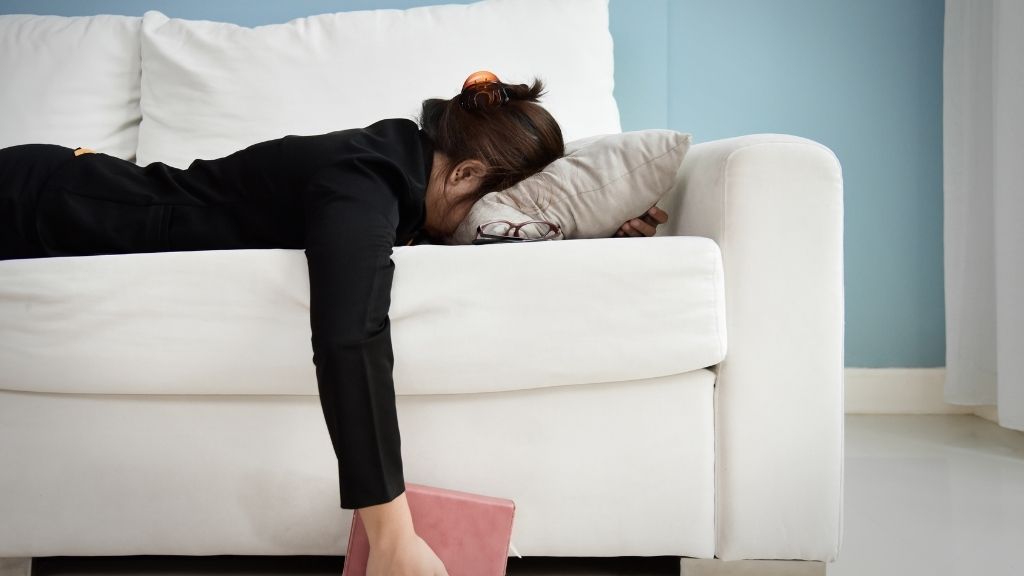
Raise your hand if you’re feeling a bit like it’s all about to overflow. Give me a hey now if lately, you’ve been feeling like you are at your absolute limit of what you think you can handle. I often use the phrase ‘full to the brim’ to describe how I feel when it’s all about to overflow and spill on out. As we creep closer and closer to the end of what was, collectively as a global human population, the most unexpected, unpredictable, uncertain, and perhaps even unexplainable year; there’s a good chance we’re all reaching that point of overflow, if we’re not already there. We are overwhelmed and it’s having an effect on our health in a whole bunch of seemingly random or unconnected ways.
I am writing this today to offer some insight into just what might be going on in terms of how all of this external stress could be contributing to some personal physical, mental, emotional, and even spiritual health challenges.
The Barrel Effect
I learned about the barrel effect years ago when I was first studying nutrition. It is a concept initially shared by the late Dr. Dorris Rapp, who has left a legacy of work that is even more relevant and important now than in her own time.
As a paediatric allergy medicine pioneer and former president of the American Academy of Environmental Medicine, Dr. Rapp looked at the health of children from a holistic perspective, taking into account how various dietary and environmental triggers can affect overall health. In fact, Dr. Rapp was once criticized by the medical community for citing a connection between behaviour and learning problems and allergy exposure. (Her book Is This Your Child is essential reading for any parents wondering if their child’s behaviour and/or learning challenges could be associated with something in the diet or the environment.) She was publishing studies on food colouring and behaviour back in 1978 (and yet even with those findings, is still permitted in North American foods).
The Barrel Effect was how Dr. Rapp explained the seemingly unconnected or unexplained symptoms she was seeing in patients that were manifesting as allergic reactions or sensitivities. Though Dr. Rapp worked with children, this theory applies to all of us, no matter our age, and can also be used to describe more than just an allergic response. It can illustrate what so many of us, and our children, are experiencing right now.
The idea is to think of our bodies as barrels, a vessel with a limit to its capacity. When the barrel becomes too full, it effectively starts spilling over. This is when we start experiencing symptoms that to ourselves and our doctors may seem unexplainable. All the tests may be run, and all may come back ‘within the normal range’, but what we’re experiencing is very real.
What fills this barrel can be any past or present stressors from diet, environment, toxic exposures, even our thoughts. Genetic predisposition also plays a role. And so all of these stressors accumulate over time until, yes, a deluge. A flood of what’s going on inside that we can no longer contain or manage and the barrel overflows.
Are you relating to this? If yes, I’m right with you!
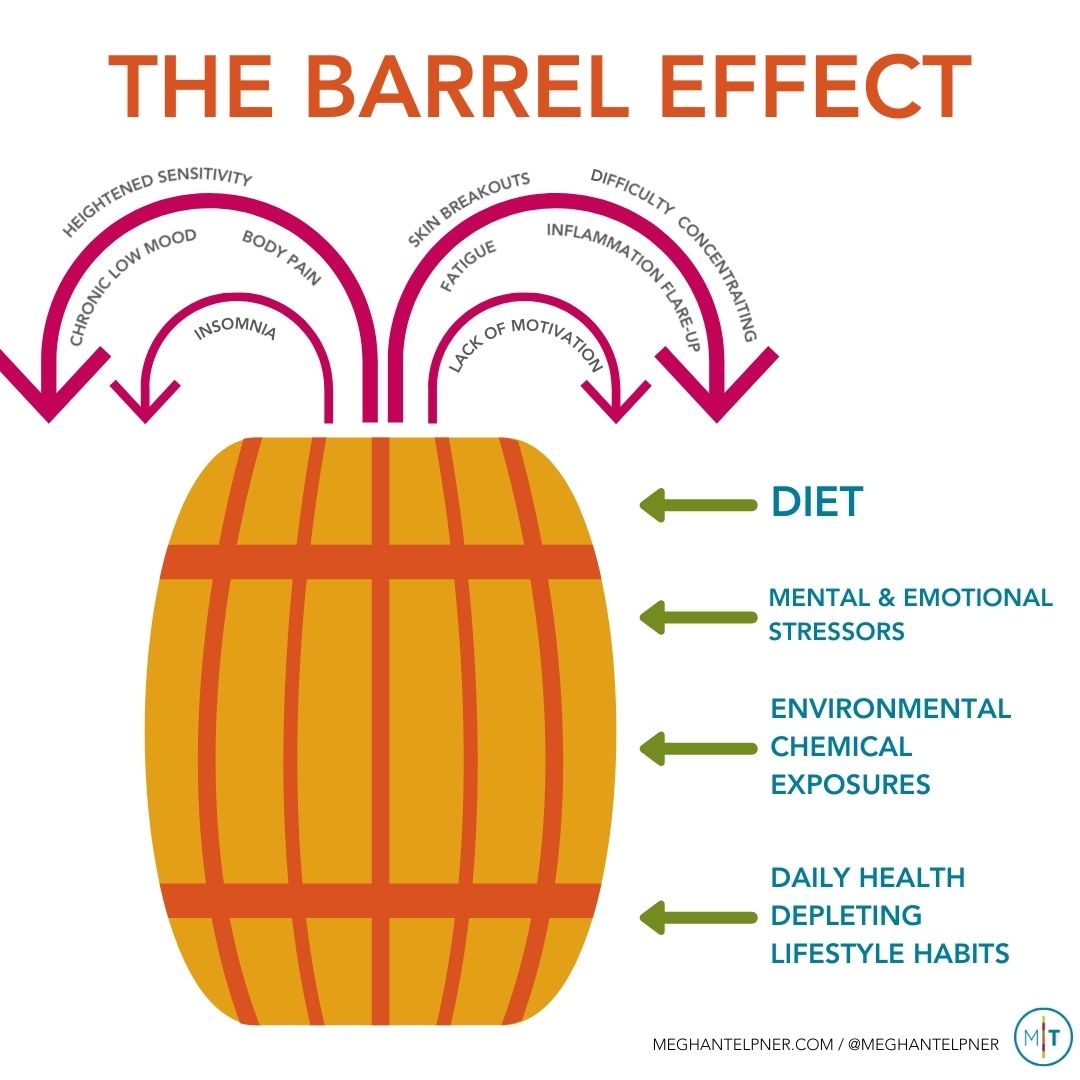
Humans are, by nature, a resilient species. That’s why we’re still here. But we’re also experiencing unprecedented levels of stress. Our barrels are filling fast and furious. This is just some of what can be filling that barrel.
What Fills This Barrel?
- General anxiety
- Short-term acute stressors
- Long-term chronic stress
- Low nutrient intake
- Lack of restful sleep and/or rest in general
- Chemicals in processed food and conventional agriculture
- Chemicals in personal care and home cleaning and laundry products
- Toxic load in municipal water systems
- Electromagnetic frequencies (and now 5G in some parts of the world), and constant use of screens
- Bioaccumulation of environmental pollutants
- Pharmaceutical medications and interventions
- Chemical residues on home furnishings and clothing
- Financial stress
- Disconnection from routine and schedules
- Disconnection from positive human contact
- Disconnection from nature
When That Barrel Overflows
It’s happening.
We’ve all been experiencing the filling up of our barrels, which likely were close to overflow prior to the impact of 2020. I’ve said it before and I’ll say it again, stress is not a bad thing, and can actually be beneficial when we have the opportunity to use it. But right now, we’re not getting a break from it.
I am well aware I have been very fortunate amongst the changes happening around the world. I recognize I am one of the few who have not been impacted in a dramatic, life altering way. You may feel the same way, or you may not. We experience stress through our own filters and, yes, we can say it’s all relative but long-term chronic stress inside of us doesn’t discriminate. Your stress response is either turned on or off and for the last several months, I believe it’s safe to say, we’ve all been dealing with some low, or at times elevated level, of chronic stress and anxiety. This is contributing to the filling of that barrel.
As that barrel starts to overflow, weird symptoms creep into our lives. It may be something we experienced a long time ago and thought we’d resolved and moved on from. It might be something new that seems unrelated to any changes in our diet or daily routines.
Overflowing Barrel Symptoms Can* Include:
- feeling generally overwhelmed
- highly reactive to what would normally be minor stressors
- skin breakouts
- trouble sleeping
- digestive issues
- body pain
- difficulty concentrating
- generalized fatigue
- feelings of sadness
- lack of motivation
- heightened sensitivity to smells, light, or sounds
- flare-up of inflammation or auto-immune conditions
*This Is Not A Diagnosis!
This isn’t to say we’re always supposed to be peppy, positive, and spritely little things. Feeling the challenges of life is absolutely normal. Feeling pain or discomfort physically or emotionally is also okay. What this list is referring to is when it’s ongoing and chronic. And if it is, also gauge when you need to seek professional care and support.
The list could be endless. The fact is that it is happening. I am hearing about it, anecdotally for now, but I suspect there will be more and more evidence of this in ourselves and our kids.
How Do We Make Space In The Barrel?
We’ve been so focussed on fearing one thing, that we have forgotten how to optimally take care of the whole of ourselves. We’ve allowed our barrel to get too full and as such, we need to start doing what we can to make changes where we can. We need to work to lower the load in that barrel, make space within it so that the little things, the next drop isn’t going to cause an overflow.
Alas, there is no magic secret to creating more space in the barrel. All those factors I outlined above that fill the barrel, basically do the reverse of that! It’s the basic healthy living principles and for each of us, some things will take priority over others. How do you know which ones? Likely the one or five that feel like the most overwhelming to attempt. These are likely the ones having the greatest impact.
How To Start Making Space
- Let the brain rest. Determine designated screen-free windows of time (if you’re reading this and it’s after 9 pm or before 9 am, then consider yourself ready for change!)
- Let the body rest. Get. To. Sleep. All you have to do is have the discipline to shut off what you’re doing and get into bed. Step 1.
- Get the chemicals out. Make an effort to buy more chemical-free personal care and cleaning products.
- Cook from scratch with fresh ingredients. Maybe even as a family a few times a week. This will automatically improve the nutrient levels in your diet.
- Take time to breathe. If you have 20 minutes a day to scroll on social media, then you have 10 minutes to be still with your breath.
- Get outside and breathe fresh air. Make it a point to get outside and do some form of gentle exercise with uplifting music or silence. Guaranteed, no matter how you feel at the beginning, you will be changed after. Even if it’s just a 20-minute walk for the sake of walking. Not running an errand.
- Stop doing what creates a stress reaction in your body. Maybe these means ditching the daily dose of news, social media scrolling, or side-stepping phone calls from those who give you that feeling in the pit of your stomach.
- Get some full-spectrum daylight into your eyeballs. This doesn’t mean to stare directly at the sun – just take off the sunglasses sometimes. Full-spectrum rays without sunglasses can regulate serotonin levels, boost mood, and improve cognitive function.
- Avoid foods that you know you’re reactive to. Ditch gluten and dairy, the two highly reactive, highly consumed things in people’s diets. Try eliminating these 100% to take some of the physical reactive burden off your body. At the very least, you’ll know whether this is contributing to the overflow.
This is all easy for me to say, of course. But know that I am not exempt from this. Even after having maintained healthful lifestyle practices for nearly 15 years, with ongoing shifts and shimmies, my barrel is feeling mighty full. Disrupted sleep is always my first sign that I am nearing the overflow point. I know the work I must commit to make space in my barrel, so I can continue to be present and experience all the highs and lows of life with equanimity.
On My Mind Episode 01: The Barrel Effect
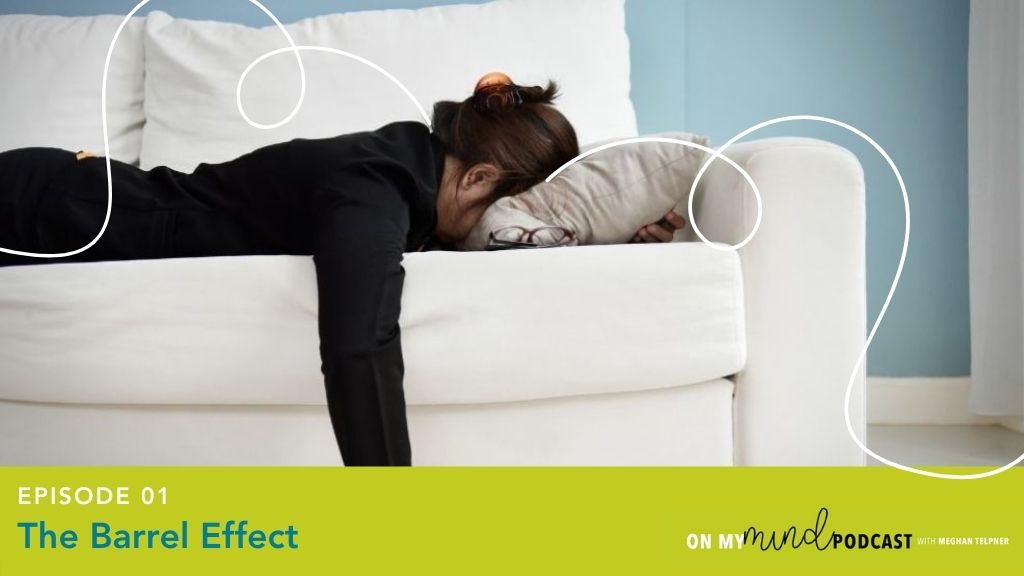
Subscribe today on your favourite podcast app and never miss an episode.
More Resources To Get You Started
- The Today Is The Day Podcast (check out the episodes on sleep, making healthy living effortless, resilience, and our house rules for health and happiness)
- Get cooking with Everyday Culinary Nutrition, a course that’s self-paced and you can start instantly
- Eliminate sugar for one week as a start (this guide is helpful, and this is my story about cutting out sugar)
- Working on that state of mind with this essential practice
- Get a regular workout into your routine – I love these 28-minute on-demand options (code MEGHAN50 will get you 50% off your first month if you stay beyond your free trial week)
If you are feeling like you are in a place of despair that you cannot see your way through, please reach out to someone who can support you personally, a friend, a colleague, or professional support. There is no shame in asking for help. If you’re not sure where to start, have a look at Shift Collab, a hub where you can access a therapists online. I have no experience with their services but know the co-founders and appreciate the service they offer.
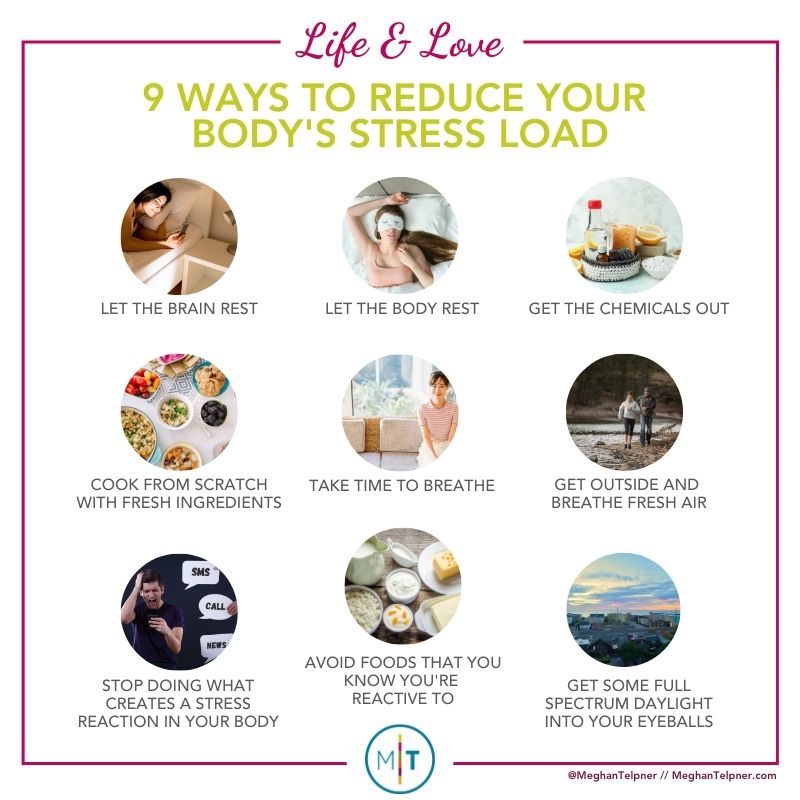
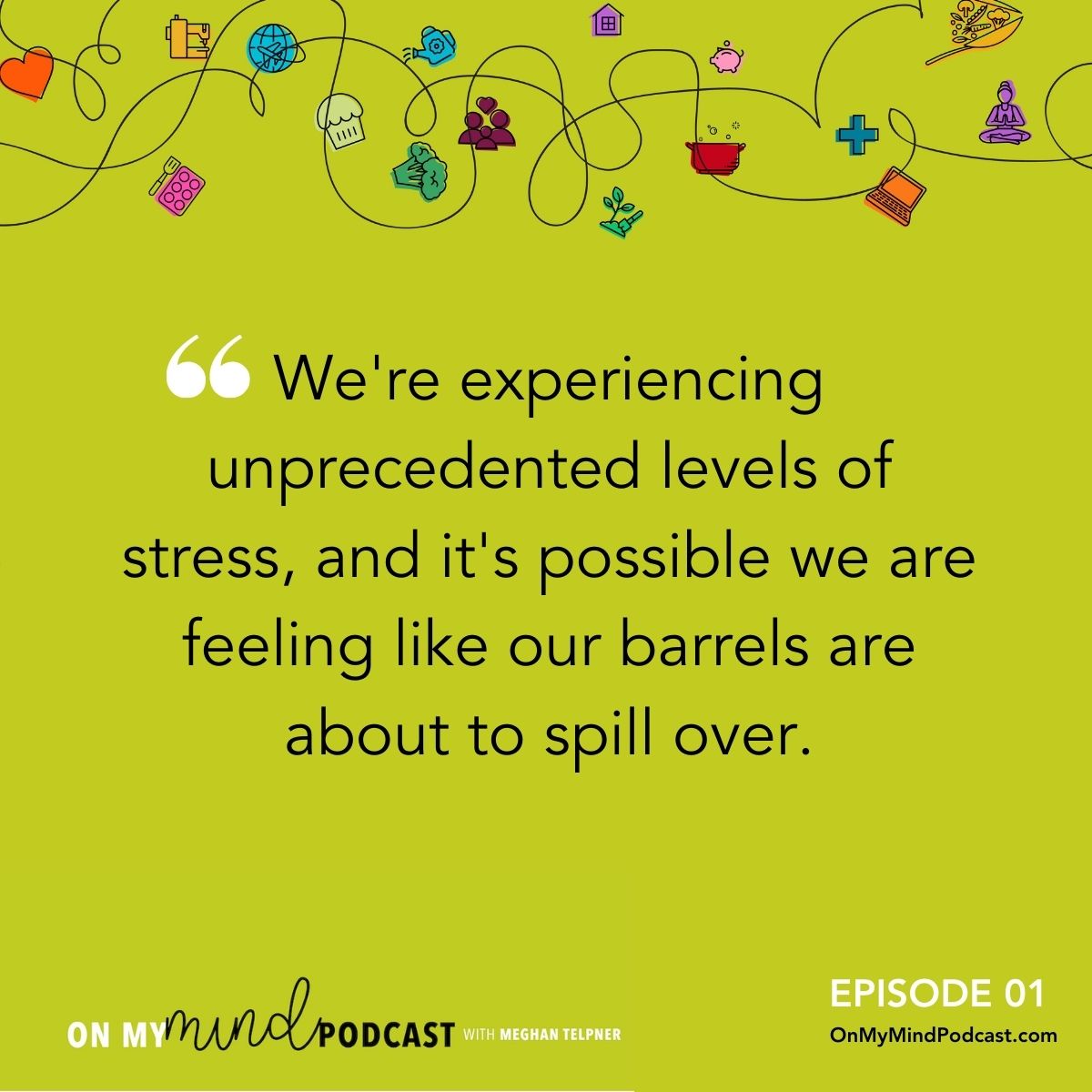
Free Resource Library
Enjoy more than 40 downloadable guides, recipes, and resources.
















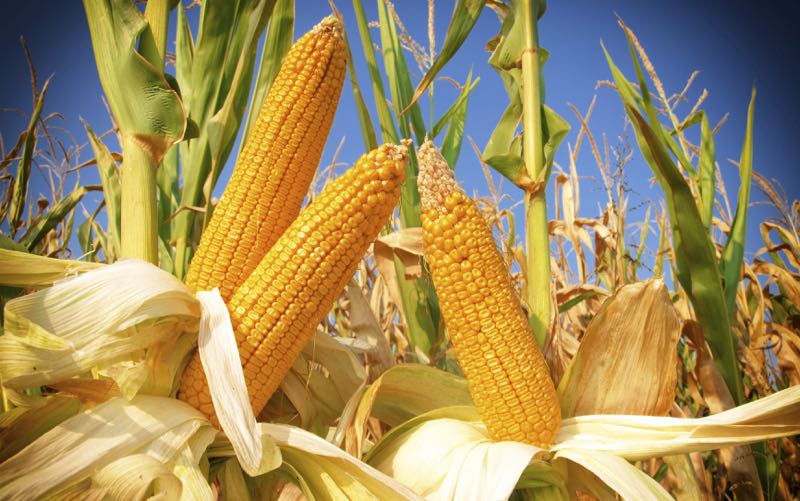
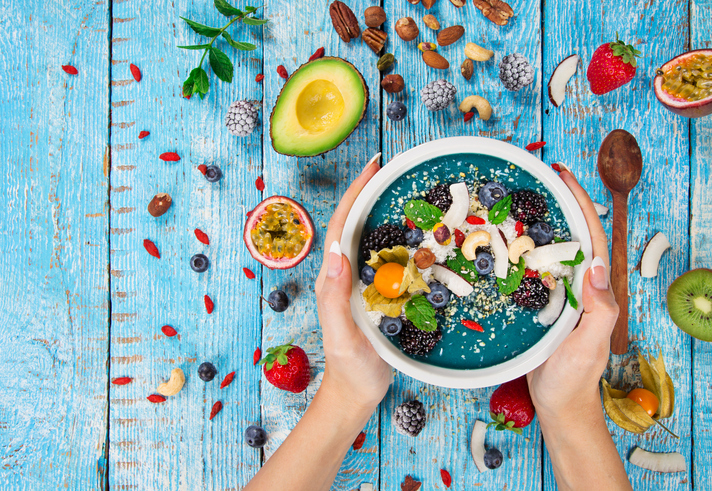
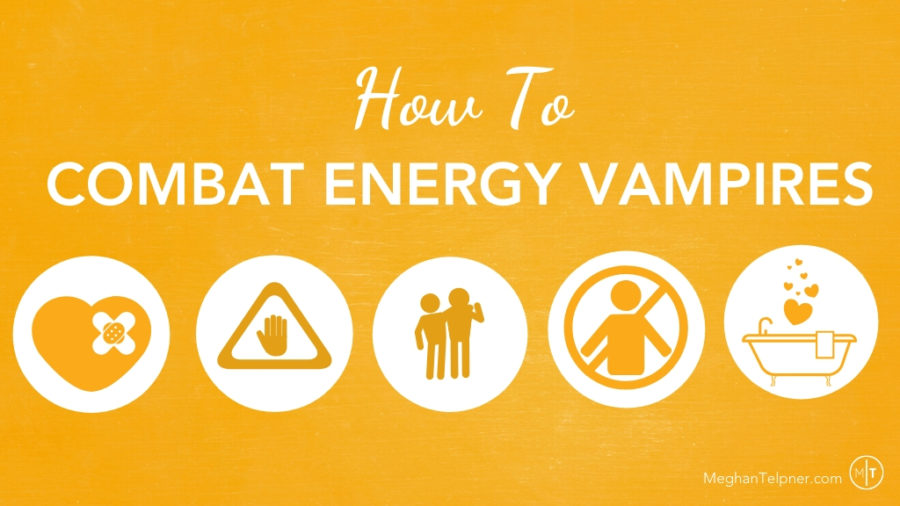
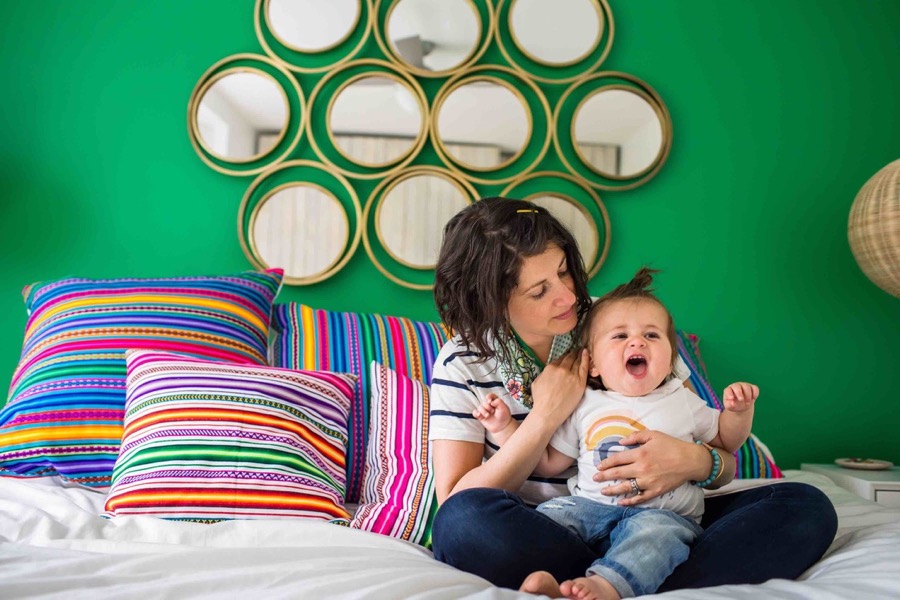
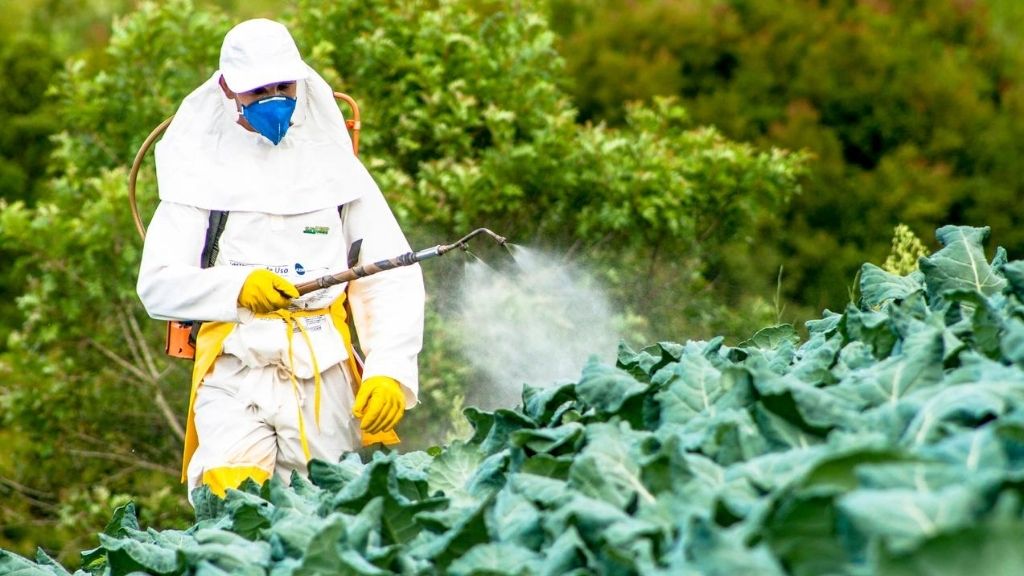
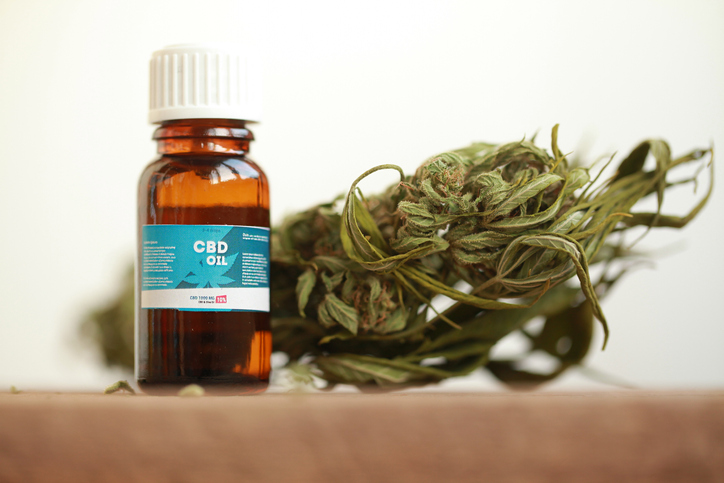


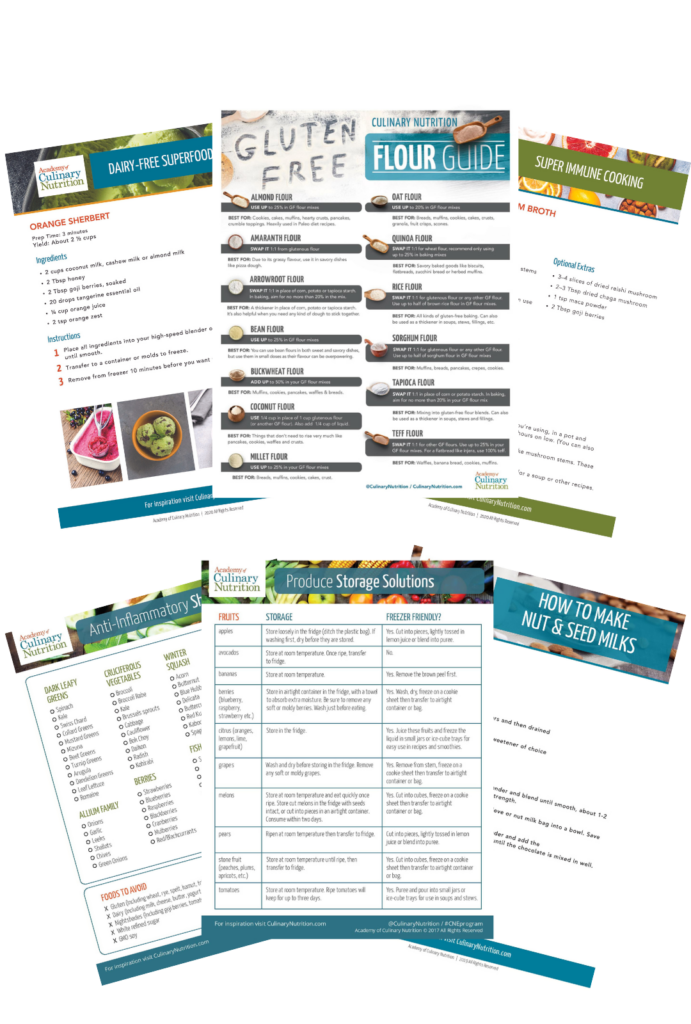
Hi Meghan,
I just read your story. I sounds so familiar, as I was diagnosed with Crohn’s a month ago. It’s what they call « mild » – 6 cm of small intestine bowel affected (inflamed, no strictures or abscess). I am afraid, and currently not on medication, (my doctor suggested anitinflammatory drugs); now my calprotectin test will determine the outcome. I have eliminated gluten, dairy and sugar, but also legumes, and nightshades for now. I just wanted to know if you did take medication, and if you are still taking medication. Thank you. Kind regards and thank you for sharing.
Meghan,
I was delighted that you spoke of Dr. Doris Rapps work. Is her allergy testing still done in Buffalo? I and my 2 young children went to her when my daughter in grade 1 never learned to read or write and was told she had adhd and should go on ritilin. Finding out through allergy testing she was severly allergic to molds (we lived on the lake in an old cottage), seaweed, dust mites, cats, cheeses, chocolate………etc. doing her homeopathic shots and changing her diet and creating an allergy free home she learned to read and write in grade 2 and calmed down. I remember when she was little on rainy days she would lay on the floor crying and saying “I dont know what is wrong with me”. Dr. Rapp and her book saved my kids. I have many more stories. Both Eli and Shayna are thriving 30 year olds now and monitor there diet and the places where they live. No moldy places!!!!
I hope other parents can learn from her book. Tell your Mom hello for me.
Suzi Dwor